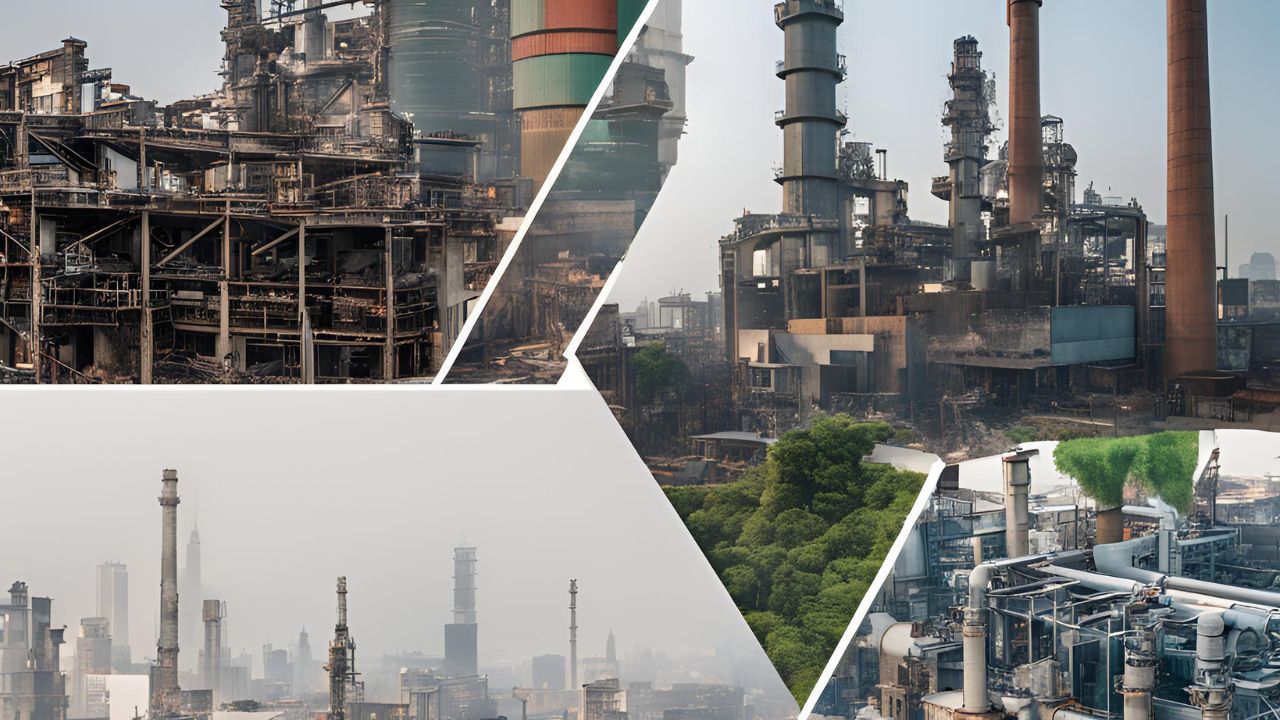Analyzing the Impact of Foreign Investments in Bangladesh

Foreign Direct Investment (FDI) has become a cornerstone of development for many emerging economies, and Bangladesh is no exception. This influx of capital brings with it the potential for significant economic growth, but also presents challenges that need to be addressed. This in-depth analysis explores the multifaceted impact of foreign investments in Bangladesh.
Positive Impacts of FDI in Bangladesh:
- Economic Growth: FDI injects much-needed capital into Bangladesh's economy, fostering infrastructure development, industrial expansion, and job creation. This translates to a rise in GDP, boosting overall economic activity.
- Export Enhancement: Foreign companies often bring advanced technologies and production methods, enabling Bangladesh to manufacture higher-quality goods that are more competitive in the global market. This leads to increased exports and a stronger balance of payments.
- Technology Transfer: Foreign investments act as a conduit for knowledge transfer. As foreign companies establish operations, they bring with them expertise in areas like management practices and technological advancements. This benefits the local workforce by enhancing their skills and productivity.
- Employment Opportunities: FDI creates new jobs, both directly within the foreign-invested companies and indirectly in supporting sectors. This can significantly reduce unemployment and improve the overall standard of living in Bangladesh.
Challenges Associated with FDI in Bangladesh:
- Over-reliance on Ready-Made Garments (RMG): A significant portion of FDI in Bangladesh is concentrated in the RMG sector. While this has driven export earnings, it creates an overdependence on a single industry, making the economy vulnerable to external shocks.
- Repatriation of Profits: Foreign companies often repatriate a large share of their profits, limiting the reinvestment of earnings back into the Bangladeshi economy. This can hinder long-term sustainable growth.
- Environmental Concerns: Unchecked industrial expansion fueled by FDI can lead to environmental degradation. It's crucial to ensure investments adhere to strict environmental regulations to protect Bangladesh's natural resources.
- Labor Issues: While FDI creates jobs, there are concerns about ensuring fair labor practices and protecting worker rights within foreign-owned companies.
Optimizing FDI for Sustainable Development:
To maximize the positive impacts of FDI, Bangladesh can:
- Diversify Investment Sectors: Encourage investments in sectors beyond RMG, such as IT, pharmaceuticals, and agriculture. This will create a more balanced and resilient economy.
- Develop Local Linkages: Promote partnerships between foreign and domestic companies to foster knowledge transfer and technology adoption within Bangladesh.
- Strengthen Regulatory Frameworks: Implement robust regulations that ensure environmental sustainability and protect worker rights while attracting foreign investment.
- Invest in Human Capital: Focus on education and skills development to create a workforce that can readily adapt to the demands of foreign-invested industries.
Conclusion:
Foreign investment offers Bangladesh a powerful tool for economic development. By carefully managing FDI and implementing effective policies, Bangladesh can harness the positive impacts while mitigating the potential drawbacks. A strategic approach to foreign investment can propel Bangladesh towards a future of sustainable and inclusive economic growth.




